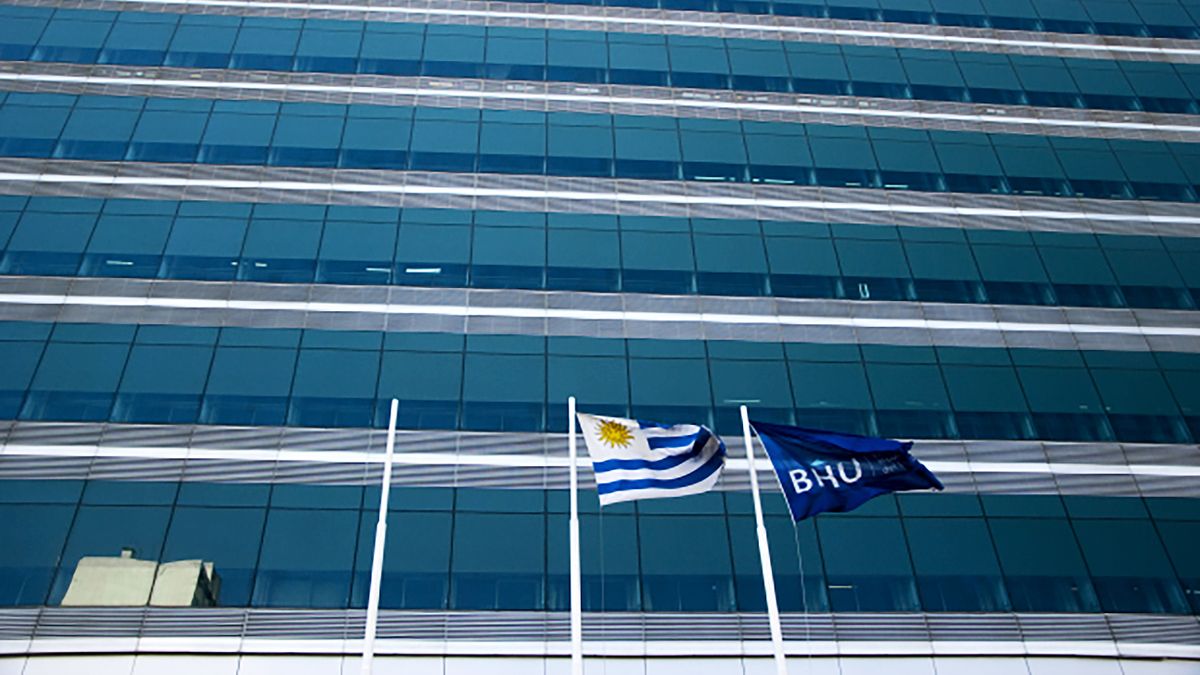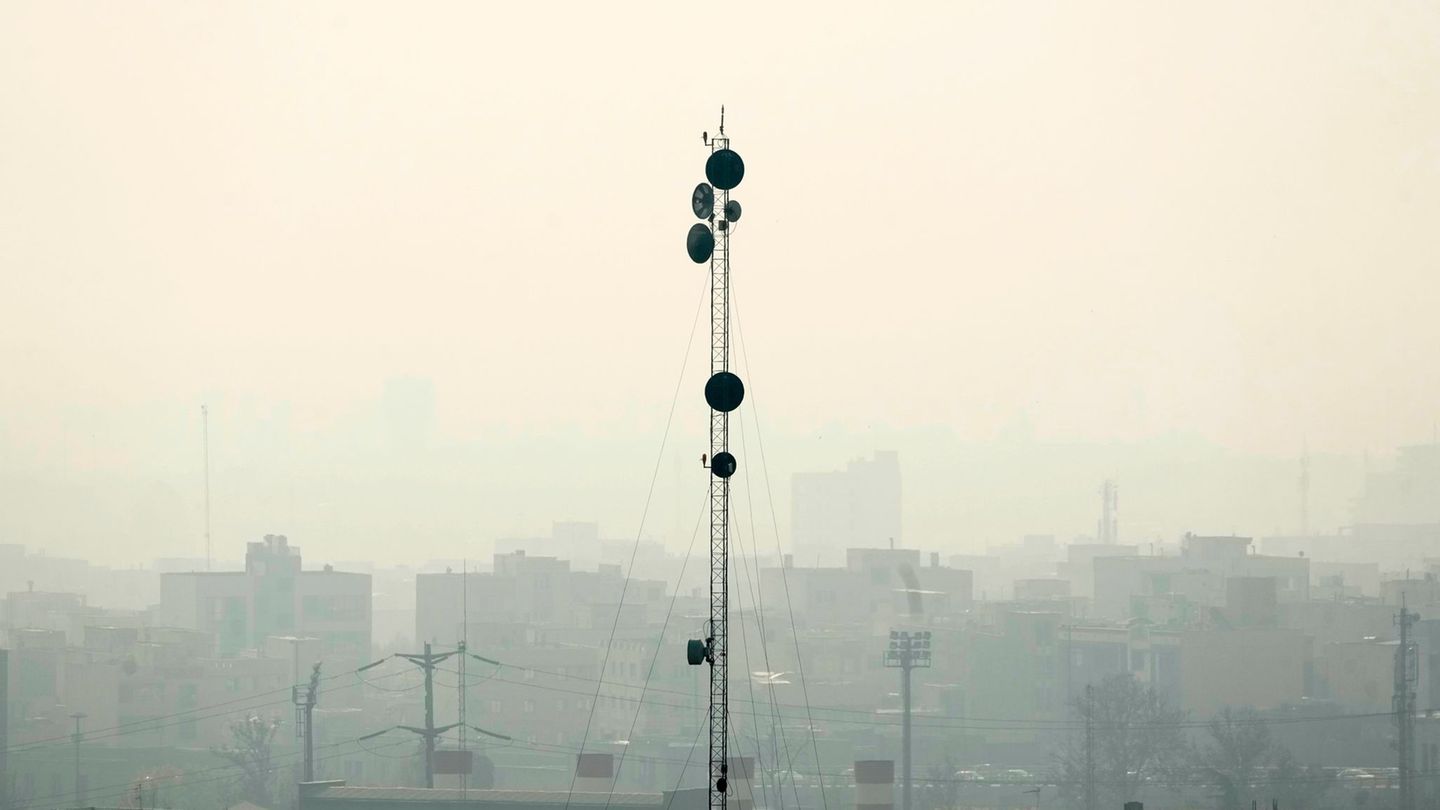Last week the conflict between some debtors of the Mortgage Bank of Uruguay (BHU) with the autonomous entity itself. Several years, more than 20,000 families Uruguayans are waiting for a solution regarding their credit plans in Resettable Units (UR) by the national government.
The conflict between the families began after a recapitalization of the BHU for 250 million dollars and the creation of the National Housing Agency (ANV), which was authorized by the Central Bank of Uruguay (BCU) to deliver credits in 2008when, they accuse, “usury” interests were set.
After the BHU’s coffers were left in a critical situation that led to a recapitalization, the government of the then president, tabare vazquezcreated the ANV as a decentralized service of the BHU, possibly so as not to interfere in the balance sheets.
At the heart of the claim lies the criticism that, compared to the credits in Indexed Units –created in 2002–, the loan installments in UR –created at the end of the 60s– were evolving in a way that harmed to a greater extent this group of defaulters, who maintains that they have already paid the value of their homes more than once.
The president of the BHU pointed out against the “pressure groups”
The president of the organization, Casilda Echevarriastated last week on his Twitter account that “the delinquency level is 2%“, downplaying the pressures of the group of debtors, where the credits in UR still in force exist because “there have been countless refinancings and postponements at a 0% rate (hangings)”.
The “colgamentos” are debt generated in UR from different debtor strategies, although all of them are recommended by the BHU. Some of these tags are at a rate of 0%, while others are at 2%.
Along these lines, the head of the entity stated that “the UR has an average of 2% fewer loans in Indexed Units (UI)” and “UR odds are adjusted once a year, beating inflation by 11 months“, while “the credits in UI are adjusted every month for inflation”.
In turn, he recalled that “UR credits are adjusted by the Average Wage Index (IMS), and those of UI by Consumer Price Index (CPI)”. According to the hierarch, “even if they had the same rate, which is lower in UR, the Internal Rate of Return (IRR) in UR it is still lower than in UI due to difference in adjustment and evolution of currency“, where “the annualized IRR in UR is 16%and annualized in UI of the 17%“.
Echevarría concluded that, formally, the BHU is a bank governed by its organic charter” and “by the OPP (Planning and Budget Office) in terms of the budget and by the BCU in terms of its operation.” Then he pointed to the debtors saying that “if you want to forgive the debt of those who have not been harmed, but have only obtained support parliamentary, being by law so shall be done”.
https://twitter.com/CasildaEche/status/1644342210417000448
The BHU is a bank governed by its organic charter and by the OPP in terms of the budget and by the BCU in terms of its operation. If you want to forgive the debt of those who have not been harmed but have only obtained parliamentary support, this will be done by law
— Casilda Echevarria (@CasildaEche) April 7, 2023
In the middle of last year, the head of the BHU had assured at a press conference that the institution analyzes case by case when there are difficulties, but she was opposed to promoting generalized mechanisms for “pressure groups“, for the president of the entity, forgiving this debt would allow debtors in UI to protest saying “I also want them to give me a little bit of my house“.
Lacalle Pou promised to find a solution for debtors
In another order, on March 2, the President of the Republic, Luis Lacalle Pouundertook to evaluate the situation of the debtors within the framework of the Accountability before the Parliament. As the head of state said at the time, there would be news on the subject “in the coming weeks.”
Since the beginning of his mandate, three projects have already been presented in Parliament, but none of them have been approved by the entity. Although debtors have the feeling of being heard by the Executive powerthey fear that the next project will be unsuccessful again.
for the senator of Colorado Party, German Coutinhothe members of the more than 20,000 families are “misnamed debtors“, because they already paid what they owed, and pointed against Echevarría by saying that “he never showed the will to solve this as the President of the Republic himself did.”
For his part, Echevarría pointed out in the middle of last year that if any of the proposals that were presented materialized, the bank would be underfunded to such an extent that it would be unable to grant new loans for at least two years.
In addition to Coutinho, the senators of the National Party, Carlos Daniel Camy and Sergio Botana, have been very critical of Echevarría’s position. Some of the modifications presented in the projects that they promote establish a maximum of 40 years from the signing of the mortgage, as well as a reduction in interest from 7% to 2%, and the freezing of the debt in pesos.
Source: Ambito




